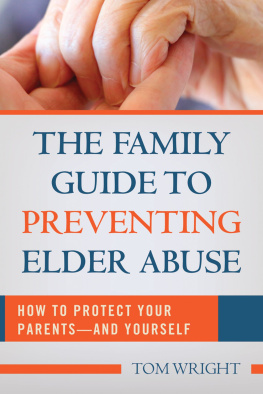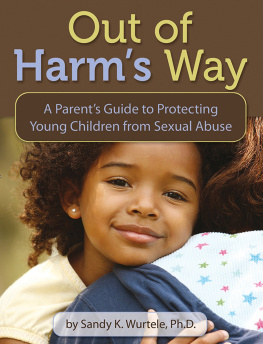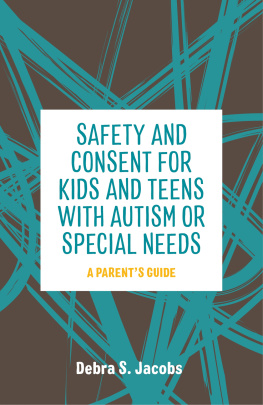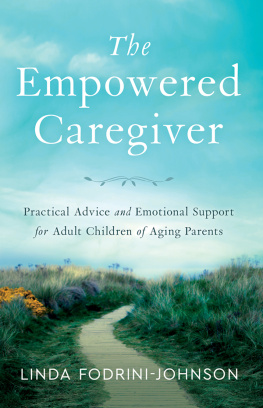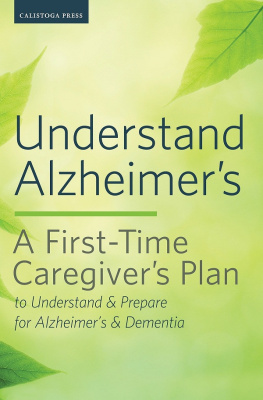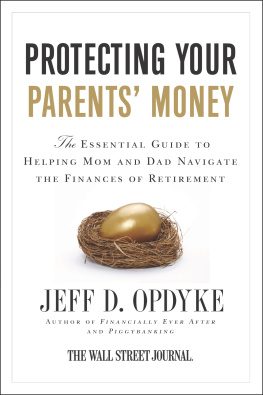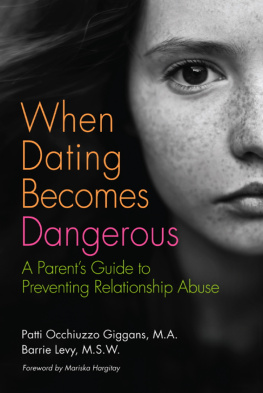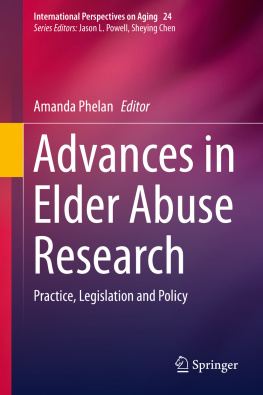Copyright 2017 by Thomas Lee Wright
All rights reserved. No part of this book may be reproduced in any manner without the express written consent of the publisher, except in the case of brief excerpts in critical reviews or articles. All inquiries should be addressed to Skyhorse Publishing, 307 West 36th Street, 11th Floor, New York, NY 10018.
Skyhorse Publishing books may be purchased in bulk at special discounts for sales promotion, corporate gifts, fund-raising, or educational purposes. Special editions can also be created to specifications. For details, contact the Special Sales Department, Skyhorse Publishing, 307 West 36th Street, 11th Floor, New York, NY 10018 or .
Skyhorse and Skyhorse Publishing are registered trademarks of Skyhorse Publishing, Inc., a Delaware corporation.
Visit our website at www.skyhorsepublishing.com.
10 9 8 7 6 5 4 3 2 1
Library of Congress Cataloging-in-Publication Data is available on file.
Cover design by Rain Saukas
Cover photo credit by iStock
Print ISBN: 978-1-5107-1648-3
Ebook ISBN: 978-1-5107-1650-6
Printed in the United States of America
This book is dedicated to
Thomas C. Wright,
educator, publisher, philanthropist,
loving son, brother, husband, father and grandfather.
Contents
Introduction
M illions of good people care for vulnerable family members every day, performing the basic thankless tasks of providing support to others with patience and kindness. Compassionate caretakerswhether faithful relatives or healthcare professionalsdeserve our respect and praise, as well as our gratitude, because they exemplify the best cultural values of our society.
Unfortunately, there are also those walking among us who prey upon the weak and disabled. These depraved souls, though smaller in number, seemingly operate without qualms of conscience, posing a clear and present danger to those we love. This book explores their malignant methods in order to expose their predatory behavior along with its disastrous consequences.
In the age of the Internet, we know that the ever-shifting sands of social justice demand a constant monitoring of the complex evolving topic of elder abuse. Our goal is to be accessible rather than definitive, and we hope these chapters spur the reader on to further study.
Two modern phenomena have become very troubling in this new century and deserving of your attention beyond the scope of these pages because they make the vulnerable elderly particularly susceptible to being abused.
First, there is an ever-increasing number of patients with progressive neurological disorders among our elderly. As of this writing, there are over five million people afflicted with dementia or Alzheimers disease in the United Statesa number projected to triple to fifteen million by 2050. It is the sixth leading cause of death in America and there is no cure in sight for more than a thousand patients who are diagnosed with this type of affliction each day.
Second, since the onset of the twenty-first century, more and more elderly adults are being forced into guardianships whereby they lose virtually all of their constitutional rights, surrendering control of their health, real estate, and life savings to a court-appointed guardian. By some estimates, more than 1.5 million adults are now in guardianship nationwide (with one hundred thousand more added each year) causing some $30 billion to pass into the control of third parties annually. These numbers are only estimates because there is currently no federal oversight of the guardianship industry in the United States to provide a reliable overview and definitive numbers. This is beyond unfortunateit is a national disgrace. Our elected legislators must address this crisis of accountability if we truly want to keep track of the fate of our elders.
In this book, we hope to provide you with enough pragmatic advice that you will be able to protect your parents and yourself from these and other harmful trends now afflicting our modern society.
In , we define elder abuse in its various manifestations. It always begins with isolation. When a vulnerable elder is alone, bad things can happen.
define how isolation often comes aboutsometimes due to circumstance (illness, bereavement, moving residences etc.), sometimes by intervention of an exploitive third-party (friend, relative, lawyer, guardian, etc.) bearing eerie similarities to actual kidnapping.
In summarizes the top 10 fraud scams used to ambush elderly citizens nationwide, according to the United States Senate Committee on Aging.
should you wish to seek justice for your loved one in the future.
lays out a vision for the future from a leader of the annual White House Council on Aging. The final chapter of the book offers a checklist for summarizing all the actions that you will ideally want to take on behalf of your parents.
In the interest of full disclosure, my motivation for writing this book was the victimization of my father by a friend who isolated him from his family during his final year of life before passing away at the age of 82. Even now, theres much I wish I would have known and done differently in order to protect him. Hopefully, this book will prove instructive, serving as a modest tribute to my fathers work as an educator and philanthropist whose mission was ever and always to alleviate the suffering of others through a legacy of shared knowledge.
In the end and from the beginning, the purpose of this book is to provide a blueprint for learning how to protect our parents. Ultimately, the best defense against elder abuse is the proximity of familyphysically and emotionally.
Thomas Lee Wright
Seattle, Washington
What is Elder Abuse?
The Problem
Elder abuse includes physical, sexual, or psychological abuse, as well as neglect, abandonment, and financial exploitation of an older person by another person or entity, that occurs in any setting (e.g., home, community, or facility), either in a relationship where there is an expectation of trust and/or when an older person is targeted based on age or disability. (from Elder Justice Roadmap, funded by the US Department of Justice with support from the Department of Health and Human Services)
In other words, any older adult, in any family, may experience elder abuse. Sometimes individuals bear responsibility for the abuse. Sometimes broken or ineffective systems and entities bear responsibility. Much more research is needed, but existing data indicate that:
One out of every ten people aged sixty and older who live at home suffers abuse, neglect, or exploitation.
In several small studies, about half of people with dementia suffered from abuse or neglect.
Cognitive impairment reduces financial capacity, increasing risk of financial exploitation.
High rates of neglect, poor care, or preventable adverse events persist in nursing homes and other long-term care settings where more than two million people (most of them elderly) live.
About two-thirds of elder abuse victims are women.
African American, Latino, poor, and isolated older adults are disproportionately victimized.
For every one case of elder abuse that comes to light, another twenty-three remain hidden.
The Human and Economic Toll
Elder abuse triggers downward spirals for many victims, eroding their health, financial stability, and well-being. It also causes untold suffering for millions of people of all ages. That suffering, in turn, needlessly depletes scarce resources of individuals, families, businesses, charities, and public programs (like Medicare and Medicaid). Research is beginning to illuminate the huge cost of elder abuse:

